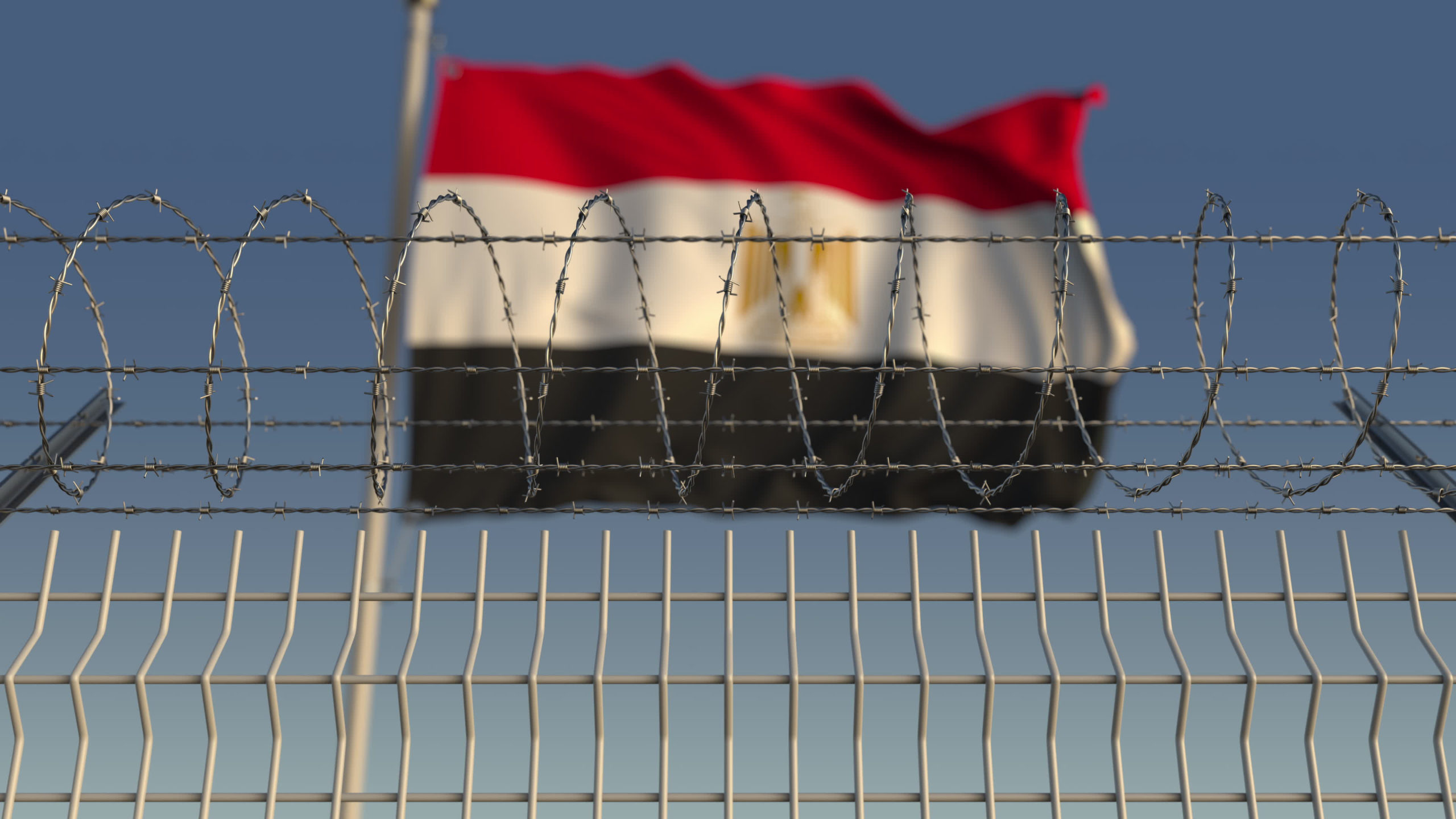The Egyptian authorities must immediately and unconditionally release Alaa Abdelfattah, Hisham Fouad, Abdelrahman Tarek and other activists on hunger strike detained arbitrarily, and end their systematic abuse and ill-treatment, said the International Commission of Jurists today.
هذا البيان متوفر باللغة العربية أيضاً
On 11 February 2022, Abdelrahman Tarek, also known as Moka, and 11 other detainees announced they would begin a hunger strike against their poor detention conditions and their prolonged detention without or based on an unfair trial .
On 26 March 2022, Ahmed Douma too announced he would start a hunger strike in the aftermath of being assaulted by prison security officers. Ahmed Samir Santawi, Alaa Abdelfattah and Hisham Fouad started their hunger strike shortly after. Douma and Santawi stopped their strike on 5 April 2022. Former parliamentarian and lawyer Zyad El-elaimy, undertook a hunger strike from 28 March until 3 April 2022, when he was transferred to the hospital of another prison after the deterioration of his health.
“Detainees are risking their lives to challenge their arbitrary detention and to denounce the complicity of a justice system that’s supposed to protect their human rights,” said Said Benarbia, Director of the ICJ MENA Programme. “The Egyptian authorities must ensure that, as long they remain detained, they be treated in full respect of their right to humane treatment.”
Along with thousands of other detainees in Egyptian prisons, these activists have been subjected to prolonged pre-trial detention based on unfounded, trumped-up charges, rotation into new cases on “terrorism-related charges” and politicized, unfair criminal proceedings before emergency courts.
Moreover, at different stages of their detention, they have been subjected to ill-treatment and have had to endure poor detention conditions.
“Vengeful, politicized justice must end and those arbitrarily detained must be immediately and unconditionally released,” added Benarbia
Together with other human rights NGOs, the ICJ reiterates its call on the UN Human Rights Council to set up a human rights monitoring and reporting mechanism on Egypt with a view to establishing accountability for serious human rights violations in the country.
Contact:
Said Benarbia, Director of the ICJ’s Middle East and North Africa Programme, email: said.benarbia(at)icj(dot)org, phone number: +41-22-979-3817
Asser Khattab, Research and Communications Officer at the ICJ’s Middle East and North Africa Programme, email: asser.khattab(at)icj(dot)org





